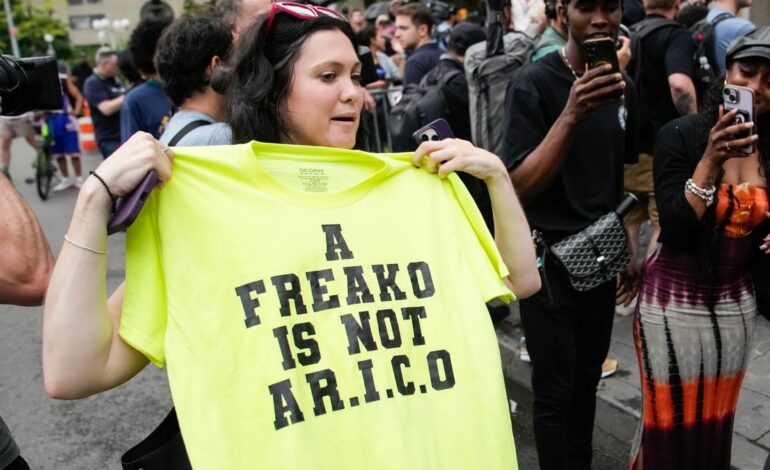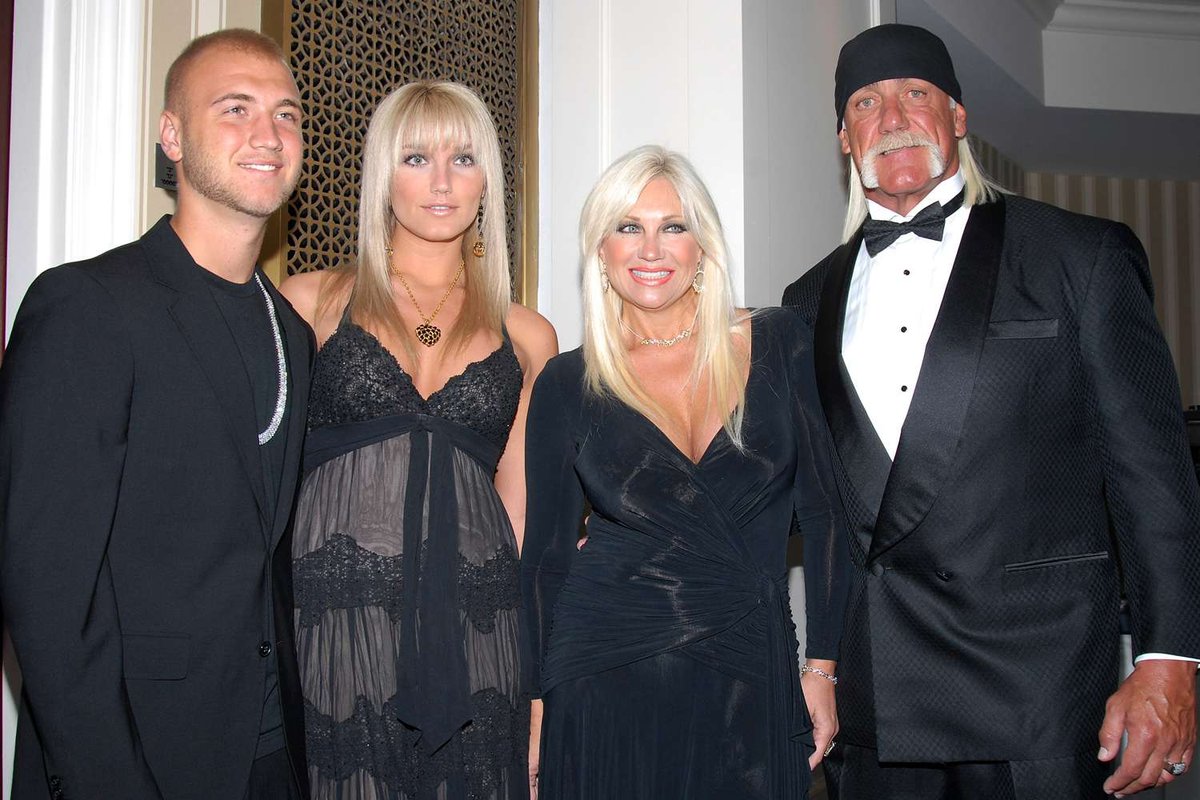Diddy Verdict Deemed Worst Since O.J. Simpson—Expert Analysis

Objective reporting, insightful analysis—let’s begin. The recent jury decision in the C. “Diddy” Combs trial represents one of the most surprising outcomes in decades of high-profile sexual assault litigation. Legal analyst Lisa Bloom, representing Dawn Richard, called it “the biggest disappointment for survivors since O.J. Simpson’s acquittal,” a comparison grounded in both public perception and legal precedent. According to trial transcripts obtained by TMZ and coverage by People magazine, jurors cleared Combs of all racketeering and sex trafficking charges, yet convicted him on two counts under the Mann Act for transporting individuals for prostitution across state lines.
The prosecution’s case featured 34 witnesses and included compelling video evidence of an alleged assault on singer Cassie in 2016. Prosecutors expected that the footage, showing a man forcefully dragging and striking his partner, would secure convictions on more serious charges. But the jury concluded beyond a reasonable doubt only that Combs had violated the Mann Act, a result Lisa Bloom termed “a gut punch.” She noted that forensic psychologist Dawn Hughes’s testimony—explaining the psychological barriers that keep victims in abusive relationships—may have been underemphasized during deliberations.
Defense attorneys strategically highlighted text exchanges between Combs and accusers Cassie and Jane Doe. They argued these messages demonstrated consensual encounters, turning common victim responses into a central pillar of their rebuttal. Bloom countered that such messages often reflect coercion and trauma bonding rather than true consent. She also observed that Combs’s cultural status in New York City and beyond likely influenced juror perceptions, an assertion supported by pretrial surveys showing that celebrities often enjoy jury bias in their favor.
While the verdict spares Combs from the most severe charges, civil litigation continues. Dawn Richard’s pending lawsuit seeks monetary damages and public accountability, signaling that the judicial chapter is far from closed. The outcome raises critical questions about the threshold of proof for sex trafficking and the potential need for legal reform. Data from recent studies show that only a fraction of sexual assault allegations reach trial, and of those, convictions on trafficking charges are exceedingly rare.
This case underscores the tension between high-profile fame and the pursuit of justice. It also spotlights the challenges prosecutors face when translating raw evidence and expert testimony into criminal culpability. Stay informed, stay critical, and follow the facts as this story evolves with further civil proceedings and potential appeals—more updates will follow as details emerge.
Sources: Celebrity Storm and TMZ, People Magazine
Attribution: Creative Commons Licensed




